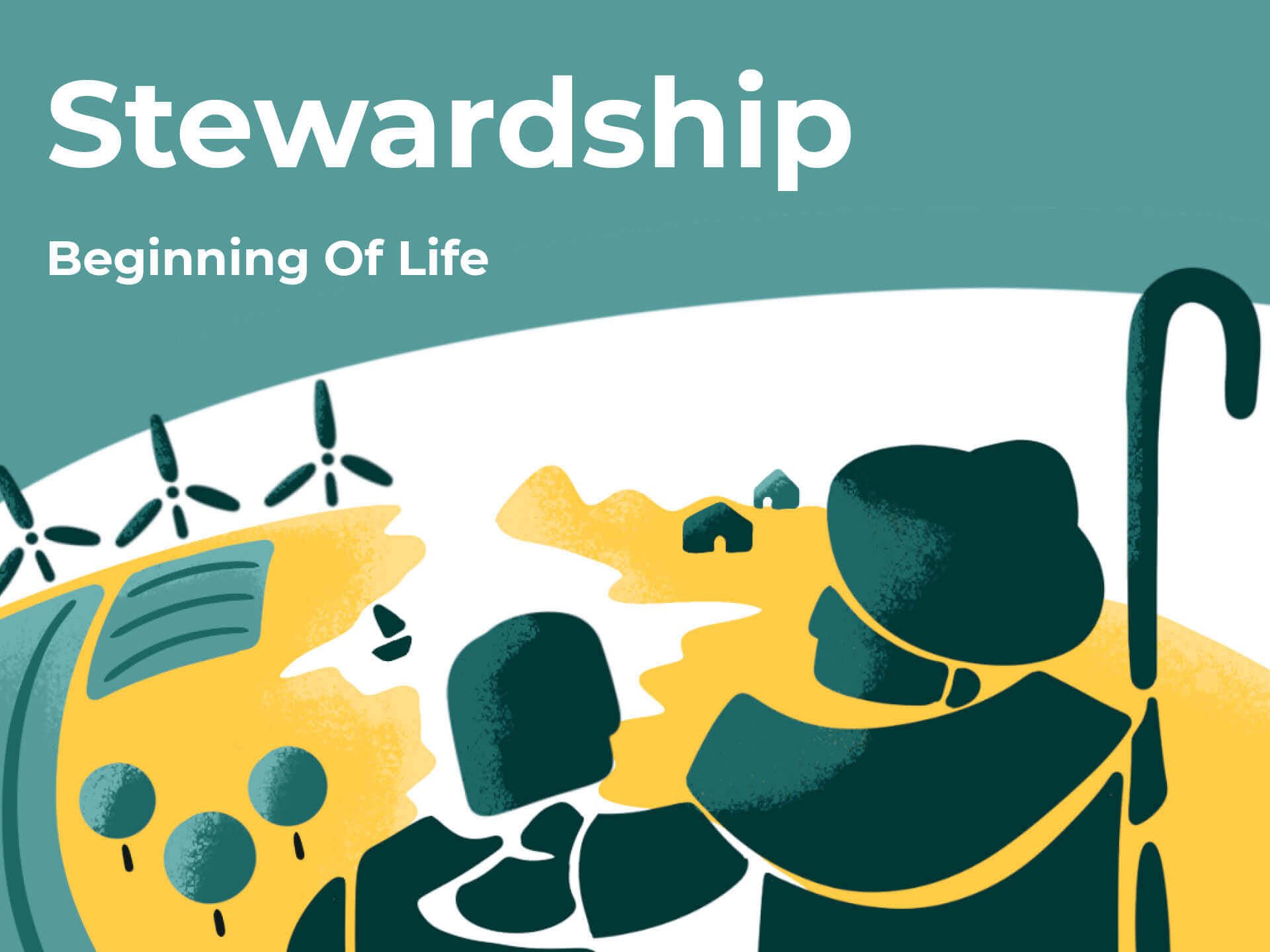The Earth
About this series
This 11-part series will help us to understand and apply the Bible’s teaching on God’s plan for us to steward the gifts he has given us and therefore the type of people he is calling us to be in our day.
The entire message of the Bible reflects the statement in Psalm 24:1, “The earth is the Lord’s, and everything in it, the world, and all who live in it” (cf. Psalm 89:11). And yet we must balance that with the fact that God has also called mankind to steward his creation: “The highest heavens belong to the Lord, but the earth he has given to the human race” (Psalm 115:16) In making the distinction between God’s rule and our delegated rule, John Stott says, ‘Our possession of the earth is leasehold, therefore, not freehold. We are only tenants; God himself remains...the “landlord.”’
It’s also clear from the creation account in Genesis that mankind was specifically created to bear God’s image and to rule on his behalf over his creation:
Genesis 1:28: “God blessed them and said to them, ‘Be fruitful and increase in number; fill the earth and subdue it. Rule over the fish in the sea and the birds in the sky and over every living creature that moves on the ground.’”
William Edgar defines this mandate given to Adam: ‘The creation mandate is the on-going charge to humanity, in the power and blessing of God, to be fruitful, multiply, and fill the earth and to gently subdue and cultivate the earth.’ This mandate relates not only to the physical ‘earth’ but also to our physical selves, what we do with the resources God has given us and to the way we care for the rest of mankind.
About this talk
Scripture: Psalm 24:1
One of the central tenets of the Bible is that God is creator, sustainer and owner of all that exists - “The earth is the Lord’s, and everything in it” (Psalm 24:1). As Abraham Kuyper said, ‘There is not a square inch over the whole domain of our human existence over which Christ, who is sovereign of all, does not cry: “Mine!”’
Clearly, a crucial part of this belief is that God has called mankind to care for the earth, the planet on which we live. The two pairs of instructions given to Adam were:
Genesis 1:28: “fill the earth (bring it to fulness, abundance) and subdue it (bring it into order, submission).”
Genesis 2:15: “work it” (serve, cultivate) and take care of it (keep, preserve, guard).”
In fact, there is a clear connection in Genesis 1:26 between being made in God’s image and ruling over creation, which the NIV translation brings out: “Then God said, ‘Let us make mankind in our image, in our likeness, so that they may rule over…’”
Much of history has demonstrated mankind working this out in harmony with the earth’s resources - God, after all, has ensured we have all the resources we need for sustainable life on earth. But in more recent centuries and decades, when we have gained the knowledge to exploit the earth’s resources and when population growth has given the need to do so, our care of the earth could not be described so favourably in the terms used in Genesis 1 & 2.
From deforestation to the pollution of water sources, from use of fossil fuels to loss of biodiversity, from poor waste management to over-harvesting we have failed to take care of the earth that belongs to God and which he called us to be caretakers of.
All of which calls for repentance over our wrongdoing and courageous decisions to reverse this trend.
We look at:
What does “The earth is the Lord’s and everything in it” mean for each of us in practice?
How mankind is and is not stewarding the earth?
How do we balance our responsibility to take care of God’s earth according to 2 Peter 3:10,13?











God gives us reasons for working, without making it the reason. Work, then, becomes an avenue for using the creative opportunities God has given, to serve other people and to love him - all of which we do for his glory.